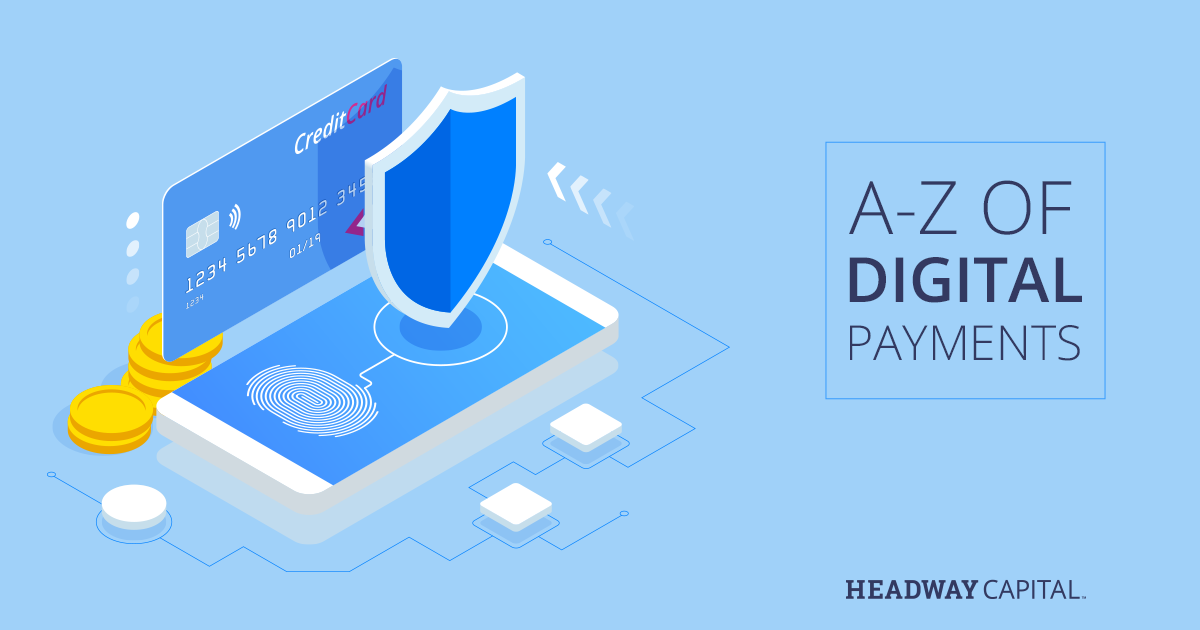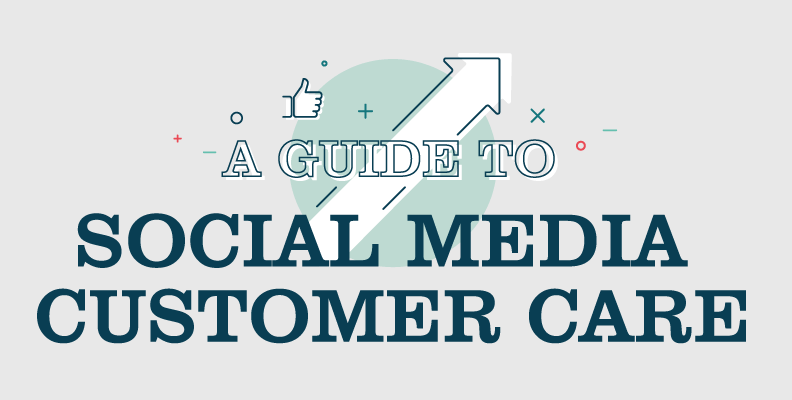You are one of the 49% of small business owners who don't have a dedicated website.2
It is the information age, and the web is the place to go to retrieve that information. A study showed that 97% of consumers search online for products and services, and more than half of searches are local.2 Even if your product is not available online, it is clear that local users research their purchase online even if they intend to purchase in person.
Having your own website also signals to the consumer that you are a legitimate business. It may seem like a strange thing to conclude, but in the Internet age, businesses without websites appear to have something to hide. Worse, customers might think you are out of business.
Websites are no longer as expensive or difficult to manage as they once were. In recent years, companies have offered affordable hosting and very user-friendly content management systems for the not-so-tech-savvy business owner. You can have a basic, effective website for as little as $400.2
You don't track your marketing results.
If you think back to grade school, science experiments are usually compromised of a hypothesis, test and control groups, results and a conclusion. The same elementary process should be applied to marketing efforts. Every new marketing initiative is a fresh experiment., Without establishing a baseline, how do you know if a marketing tactic was a success? When you're investing your time and money into a part of your business, you want to know if there is a return on your investment. The grade school method of "guess and check" is not a good business practice and could lead to you wasting your marketing dollars.
There are many simple ways to track the success of your marketing efforts. In the digital space, there are free tools like Google Analytics that can tell you more about how people are getting to your website, how long they're staying there and where they are dropping off. You can even set up experiments on your site to test landing pages. There are also dashboards available to show you what social sites are sending traffic to your site. If you're looking to track just your social activity, tools like HootSuite and Sprout Social will create reports for you so you can see how many visits you received, who is engaging and what posts are most successful. If you are looking to post flyers or hand out coupons, change up the code that is on each one and record which code corresponds to which location the flyer was available at. That way, you can see which locations were the most successful.
The important part here is to track. Otherwise, you wont be able to analyze your results from each marketing task and use those findings to better define your overall marketing strategy to make better decisions in the future.
You don't check in on your competition.
One of the best resources for marketing inspiration is your competitor. In a sense, it's like checking a classmate's homework before turning it in. You want to make sure you are keeping pace with your competition even if you're not further ahead. If your prices far exceed theirs, or if their store hours greatly vary, you may notice customers choosing your competitor over you. Don't give customers a reason to go anywhere else over you.
You don't have a distinct perspective that tells people to do business with you over others.
This is a big mistake that goes hand in hand with not keeping up with your competition. You want to stand out from the crowd in all the right ways. Great prices, great service, quality merchandise — whatever it is, you want to make sure you are checking all the boxes for the best business practices. If you have a competitor that has been in business a while, they are probably a good baseline to compare yourself to. What works for them? What doesn't? Is there something that is missing from your business that they accomplish well in theirs? Is there something that they do poorly that you know you do better and can capitalize on? Keep your business in check by checking in.
Consider this: Max was a locksmith in Chicago, a bustling metropolis with a lot of locksmiths, and, as a result, a lot of competition. Max was looking for an easy way to stand out and be top of mind for his customers without changing what he did or spending too much. He considered the typical state of mind of a customer when they called him for assistance: stressed out and unable to access their home. On his next few calls, Max brought a can of WD-40. After unlocking the door, Max offered to grease the hinges of the front door and any other door in the house, free of charge. Greasing the hinges was a task that only took a few moments, cost less than $2 and gave the customers a reason to feel taken care of. As a result, Max received great Yelp reviews and increased leads.
You make assumptions instead of reading your customers.
Just because you opened your business to appeal to one group of people doesn't mean that you have to market to that group exclusively. If you do, you're compromising your success by marketing to the wrong customer base, isolating potential new customers and wasting your marketing efforts.
Let's say you open a sandwich shop in the financial district of a city. You anticipate your clientele will be white-cell collar women and men looking for a quick bite, and you build menus based off of that. Traditional turkey sandwiches, tuna salads — everything you would hope to see at a classic sandwich shop. After a few months in business, it becomes clear the majority of your customers are cell college students. Your shop is right in between two major campus buildings and instead of classic meatball subs, your customers are asking for gluten-free options. This is not the customer you planned on, but this is the customer that supports your business. You may want to consider honoring their suggestions and expanding the menu to make way for customer-friendly options.
You outsource without understanding what you're getting.
If you have the budget and think executing a marketing plan on your own is too time consuming, outsourcing can be a great alternative. However, if you lack the marketing know-how yourself, it leaves you open to a whole other set of issues. Someone more clueless than you and armed with a whole lot of business buzzwords could gain your confidence without actually knowing how to execute the marketing plan they're selling.
Before hiring someone on, discuss the plan at length, and get the answers to questions before committing. Make sure that no matter the product or service, you understand how they are spending your money, what the expected deliverables are and what timeframe you can expect them in. For example, pay-per-click (PPC) is a great tool, especially for those businesses that only work in the online space. PPC is not an instant fix and sometimes takes a week or more to see results. Instead of abandoning the campaign after a fruitless week, ask your campaign manager what they're doing to stand out from the competition and improve and expand on the campaign, and whether there is something you could be doing to improve the performance from a website or store perspective. Better yet, read about PPC basic on AdWords Help to better understand the tactics put in place by your campaign manager.
You focus your budget in one area before testing all channels equally.
You never know if you never try. Just as you shouldn't assume what your customer wants or who your customer base is, you should avoid committing to one marketing tactic because you think it's the best or your customers favor it without data to back it up. Without properly testing several methods, you can never know for sure. Who is to say that your weekly flyers wouldn't be just as well received through your Facebook page or through a weekly email, both of which could save you significantly on printing costs? Test as many areas as you can before committing.
Also, keep in mind that times change and so do your customers, so revisit your marketing strategy every quarter or every year and see if anything has changed.
Not doing any marketing at all.
We've discussed how a little effort can go a long way. Unfortunately, word-of-mouth advertising doesn't have the same clout it once did, and it cannot be relied on as the sole avenue for advertisement. Consumers now have access to thousands of opinions across the web and are looking for support prior to purchase. You have to work to stand out and give them reasons to choose you over the competition. Even claiming your local listing or keeping your Facebook up to date can help. The important thing is that you at least start somewhere.






